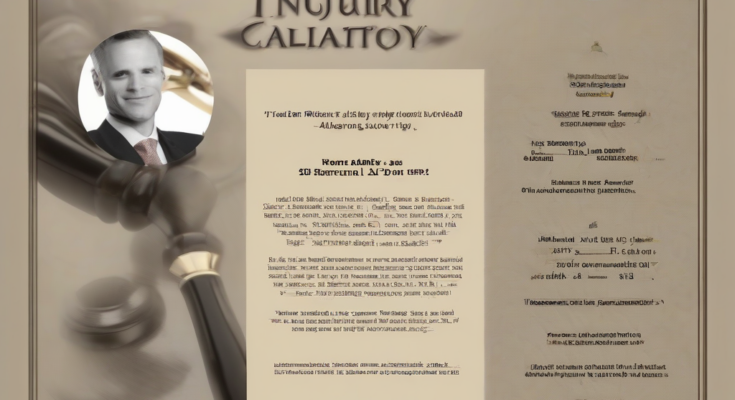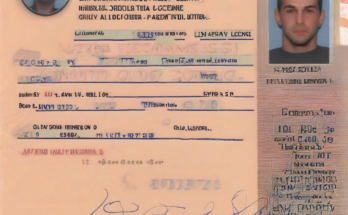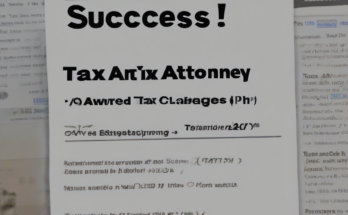Navigating the Complexities of Personal Injury Law in California: Your Guide to Finding the Right Attorney
California, with its diverse population and bustling environment, unfortunately experiences a high volume of personal injury cases. Whether you’ve been involved in a car accident, suffered a workplace injury, or experienced medical malpractice, understanding your rights and finding the right legal representation is crucial. This comprehensive guide explores the intricacies of personal injury law in California and provides invaluable insights into selecting a qualified attorney.
Understanding Personal Injury Law in California
Personal injury law in California focuses on compensating individuals for injuries and damages resulting from the negligence or wrongful actions of others. This includes a wide range of situations, such as:
- Car Accidents: Covering collisions, hit-and-runs, and accidents involving uninsured or underinsured motorists.
- Motorcycle Accidents: Often involving more severe injuries due to the lack of protection.
- Truck Accidents: Frequently complex cases involving multiple parties and federal regulations.
- Pedestrian Accidents: Cases where pedestrians are struck by vehicles, often leading to significant injuries.
- Bicycle Accidents: Similar to pedestrian accidents, often resulting in serious harm.
- Slip and Fall Accidents: Occurring on private or public property due to hazardous conditions.
- Premises Liability: Cases where property owners are liable for injuries sustained on their premises due to negligence.
- Product Liability: Holding manufacturers responsible for injuries caused by defective products.
- Medical Malpractice: Cases involving negligent medical care resulting in harm to patients.
- Wrongful Death: Seeking compensation for the loss of a loved one due to another’s negligence.
Key Elements of a Successful Personal Injury Claim
To successfully pursue a personal injury claim in California, several elements must be proven:
- Duty of Care: The defendant owed a legal duty to the plaintiff to act reasonably.
- Breach of Duty: The defendant failed to meet that duty of care.
- Causation: The defendant’s breach of duty directly caused the plaintiff’s injuries.
- Damages: The plaintiff suffered actual damages as a result of the injuries.
Proving these elements can be complex, requiring thorough investigation, expert testimony, and strong legal representation. This is where a skilled personal injury attorney becomes indispensable.
The Role of a Personal Injury Attorney in California
A personal injury attorney in California plays a pivotal role in protecting your rights and maximizing your chances of a successful outcome. Their responsibilities include:
- Investigating the Accident: Gathering evidence, interviewing witnesses, and reconstructing the events leading to the injury.
- Negotiating with Insurance Companies: Dealing with insurance adjusters who may attempt to undervalue your claim.
- Filing a Lawsuit: If a settlement cannot be reached, preparing and filing a lawsuit on your behalf.
- Representing You in Court: Advocating for your rights in court and presenting your case effectively.
- Calculating Damages: Determining the full extent of your damages, including medical expenses, lost wages, pain and suffering, and other related costs.
- Managing the Legal Process: Handling all aspects of the legal process, from initial consultation to final judgment.
Choosing the Right Personal Injury Attorney in California
Selecting a qualified and experienced personal injury attorney is crucial for a successful outcome. Consider these factors:
- Experience: Look for an attorney with a proven track record of success in handling personal injury cases similar to yours.
- Specialization: Some attorneys specialize in specific areas of personal injury law, such as car accidents or medical malpractice. Choosing a specialist can be beneficial.
- Reputation: Research the attorney’s reputation through online reviews, testimonials, and bar association ratings.
- Communication: Ensure that the attorney communicates effectively and keeps you informed throughout the process.
- Fees: Most personal injury attorneys work on a contingency fee basis, meaning they only get paid if you win your case. Understand the fee structure clearly.
- Location: While geography may not always be crucial with virtual consultations and statewide practice, convenience should be considered.
- Client Testimonials: Seek out reviews and testimonials from previous clients to gauge their experiences.
Understanding Contingency Fees
Many personal injury attorneys in California operate on a contingency fee basis. This means they only receive payment if your case is successful, typically a percentage of the settlement or judgment awarded. This arrangement mitigates financial risk for clients, making legal representation accessible to those who might otherwise be unable to afford it.
Common Mistakes to Avoid When Choosing an Attorney
Avoid these common pitfalls when selecting a personal injury attorney:
- Choosing the First Attorney You Contact: Shop around and compare several attorneys before making a decision.
- Focusing Solely on Price: While cost is a factor, don’t prioritize it over experience and expertise.
- Ignoring Red Flags: Be wary of attorneys who make unrealistic promises or pressure you into making a quick decision.
- Failing to Ask Questions: Ask detailed questions about their experience, fees, and approach to your case.
- Not Checking References: Contact previous clients to learn about their experiences with the attorney.
The Importance of Prompt Action
In California, there are statutes of limitations that govern how long you have to file a personal injury lawsuit. These deadlines vary depending on the type of case. Acting promptly is crucial to preserve your rights and avoid missing crucial deadlines.
What to Expect During the Legal Process
The legal process for a personal injury claim can vary, but generally involves:
- Initial Consultation: Discussing your case and determining the attorney’s representation viability.
- Investigation and Evidence Gathering: Collecting medical records, police reports, witness statements, and other relevant documents.
- Negotiations with Insurance Companies: Attempting to reach a settlement outside of court.
- Filing a Lawsuit (if necessary): Initiating legal proceedings if a settlement cannot be reached.
- Discovery: Exchanging information and evidence with the opposing party.
- Trial (if necessary): Presenting your case before a judge or jury.
- Settlement or Judgment: Receiving compensation for your injuries.
Conclusion (Omitted as per instructions)



